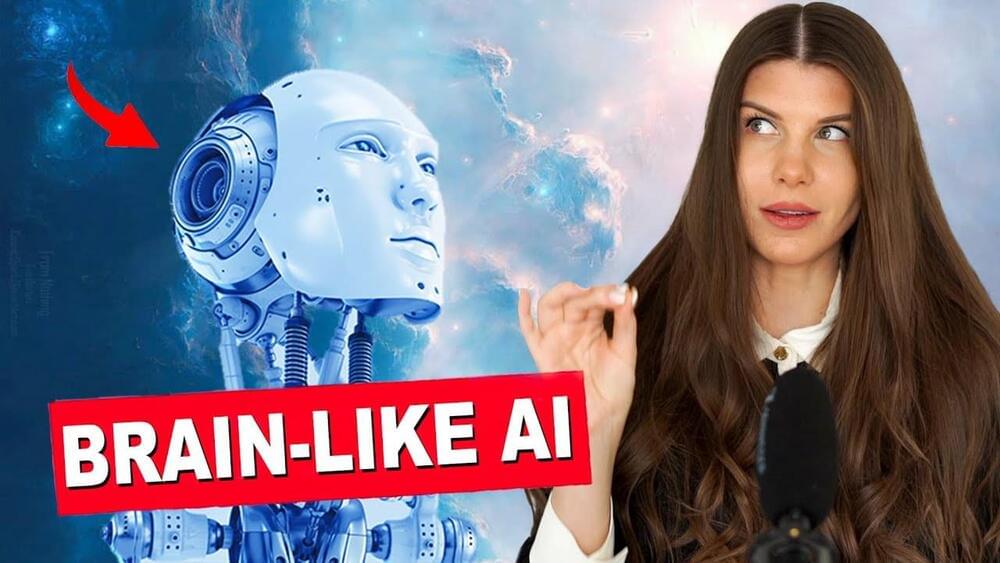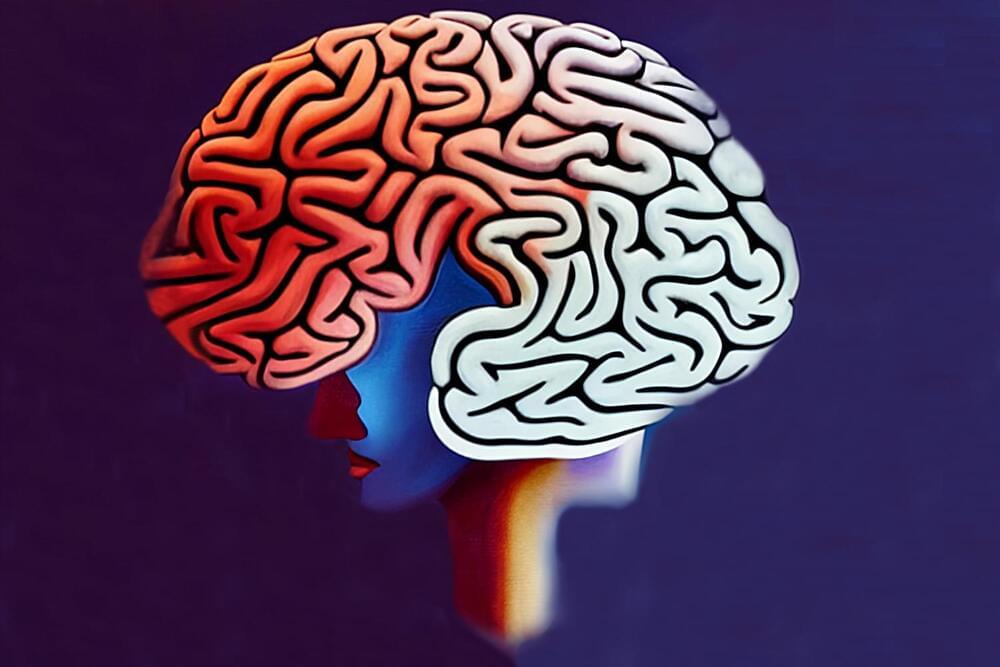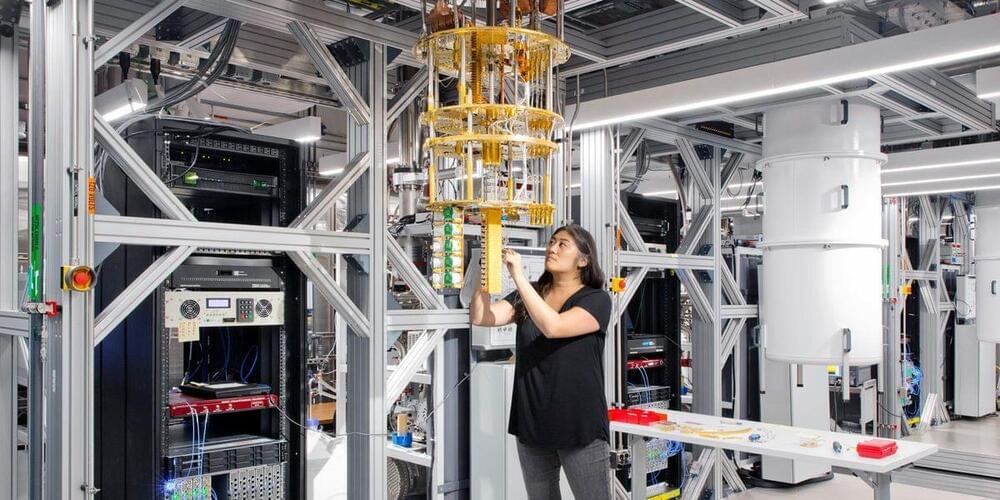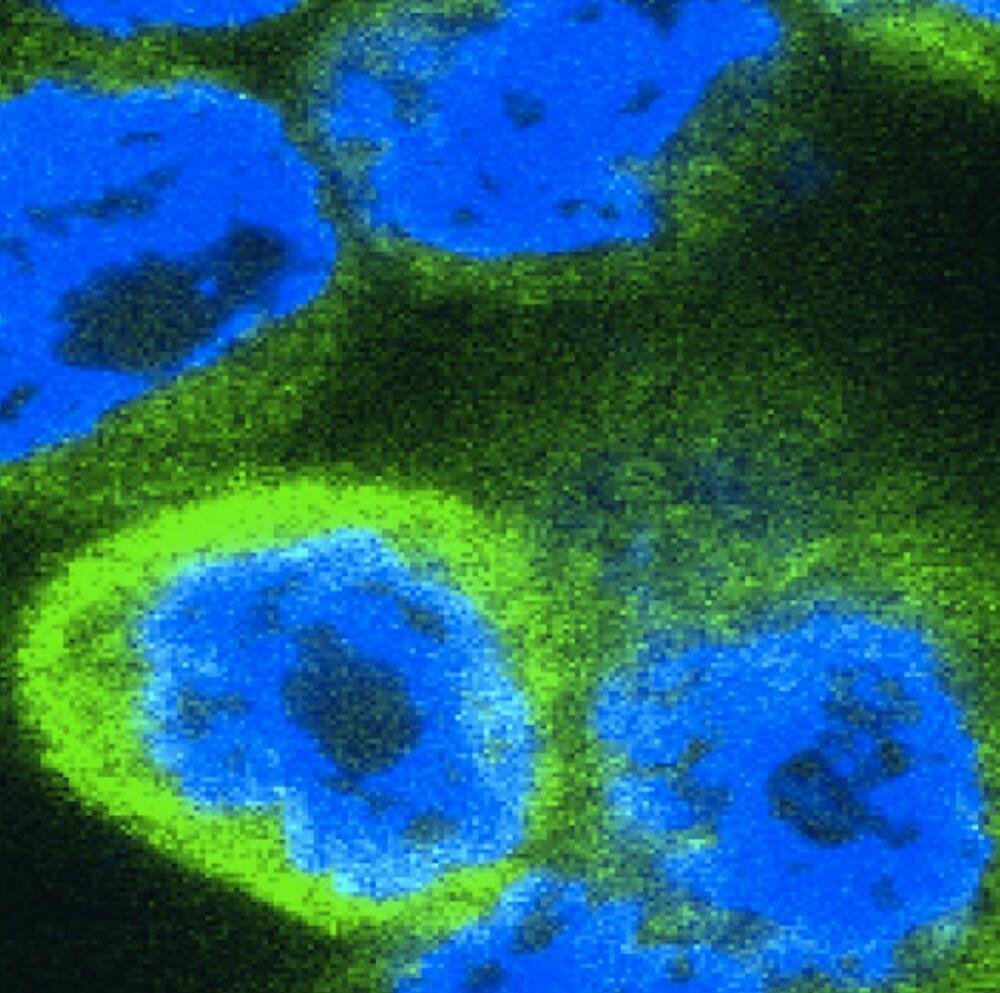Page 3652
Dec 25, 2022
Scientists find the causes of cancer
Posted by Paul Battista in categories: biotech/medical, health
Dec 25, 2022
This is your brain. This is your brain on code
Posted by Nicholi Avery in category: robotics/AI
𝐓𝐡𝐢𝐬 𝐢𝐬 𝐲𝐨𝐮𝐫 𝐛𝐫𝐚𝐢𝐧 𝐨𝐧 𝐜𝐨𝐝𝐞
𝙈𝙄𝙏 𝙧𝙚𝙨𝙚𝙖𝙧𝙘𝙝𝙚𝙧𝙨 𝙖𝙧𝙚 𝙙𝙞𝙨𝙘𝙤𝙫𝙚𝙧𝙞𝙣𝙜 𝙬𝙝𝙞𝙘𝙝 𝙥𝙖𝙧𝙩𝙨 𝙤𝙛 𝙩𝙝𝙚 𝙗𝙧𝙖𝙞𝙣 𝙖𝙧𝙚 𝙚𝙣𝙜𝙖𝙜𝙚𝙙 𝙬𝙝𝙚𝙣 𝙖 𝙥𝙚𝙧𝙨𝙤𝙣 𝙚𝙫𝙖𝙡𝙪𝙖𝙩𝙚𝙨 𝙖 𝙘𝙤𝙢𝙥𝙪𝙩𝙚𝙧 𝙥𝙧𝙤𝙜𝙧𝙖𝙢
Researchers from MIT’s Computer Science and Artificial Intelligence Laboratory (CSAIL) found that the Multiple Demand and Language brain systems encode specific code properties and uniquely align with machine-learned representations of code.
Dec 25, 2022
An IBM Quantum Computer Will Soon Pass the 1,000-Qubit Mark
Posted by Dan Kummer in categories: computing, quantum physics

In this video I discuss Neuromorphic Computing and the Future of AI
#AI
Support me on Patreon: https://www.patreon.com/AnastasiInTech
Dec 25, 2022
Documentary spurs a new look at the case of the first gene-edited babies
Posted by Dan Breeden in categories: biotech/medical, education, genetics
In the four years since an experiment by disgraced scientist He Jiankui resulted in the birth of the first babies with edited genes, numerous articles, books and international commissions have reflected on whether and how heritable genome editing—that is, modifying genes that will be passed on to the next generation—should proceed. They’ve reinforced an international consensus that it’s premature to proceed with heritable genome editing. Yet, concern remains that some individuals might buck that consensus and recklessly forge ahead—just as He Jiankui did.
Dec 25, 2022
Immune Surprise: Key Alarm Protein Drives Inflammation
Posted by Paul Battista in categories: biotech/medical, innovation
An important breakthrough in understanding how inflammation is regulated has been made by scientists from Trinity College Dublin. They have just discovered that a key immune alarm protein previously believed to calm down the immune response actually does the opposite.
Their work has numerous potential impacts, especially in the context of understanding and responding to autoimmune disorders and inflammation.
Our immune system serves a very important function in protecting us from infection and injury. However, when immune responses become too aggressive this can lead to damaging inflammation, which occurs in conditions such as rheumatoid arthritis and psoriasis. Inflammation is triggered when our bodies produce “alarm proteins” (interleukins), which ramp up our defenses against infection and injury by switching on different components of our immune system.
Dec 25, 2022
What Will A 2051 COP Meeting Talk About?
Posted by 21st Century Tech Blog in categories: climatology, futurism
What Will A Future Climate Conference in 2051 Talk About, A Year After Net Zero?
COP27 just ended in Egypt. Will what was accomplished there impact the world and be reflected in conversations at conferences in 2051?
Dec 25, 2022
New Superluminal Theory Transforms Our Concept of Time with “Extension” of Special Relativity
Posted by Paul Battista in categories: physics, space
Theoretical physicists from Warsaw and Oxford universities argue that a superluminal world possessing three temporal dimensions and one dimension in space could potentially change our concept of time, according to a new paper.
The researchers involved say they have developed “an extension of special relativity” that incorporates three individual time dimensions with a single space dimension, which helps explain how observations made by “superluminal” observers—inertial observers moving faster than the speed of light—might appear.
Within such a framework, the researchers argue that spontaneous events that can occur in the absence of a deterministic cause and other strange phenomena would be experienced by observers moving faster than the speed of light within a vacuum, concepts that potentially transform our concept of time as we know it.
Dec 25, 2022
The Biggest Discoveries in Computer Science in 2022
Posted by Dan Breeden in categories: computing, encryption, internet, mathematics, quantum physics, science, security
As computer scientists tackle a greater range of problems, their work has grown increasingly interdisciplinary. This year, many of the most significant computer science results also involved other scientists and mathematicians. Perhaps the most practical involved the cryptographic questions underlying the security of the internet, which tend to be complicated mathematical problems. One such problem — the product of two elliptic curves and their relation to an abelian surface — ended up bringing down a promising new cryptography scheme that was thought to be strong enough to withstand an attack from a quantum computer. And a different set of mathematical relationships, in the form of one-way functions, will tell cryptographers if truly secure codes are even possible.
Computer science, and quantum computing in particular, also heavily overlaps with physics. In one of the biggest developments in theoretical computer science this year, researchers posted a proof of the NLTS conjecture, which (among other things) states that a ghostly connection between particles known as quantum entanglement is not as delicate as physicists once imagined. This has implications not just for our understanding of the physical world, but also for the myriad cryptographic possibilities that entanglement makes possible.

















